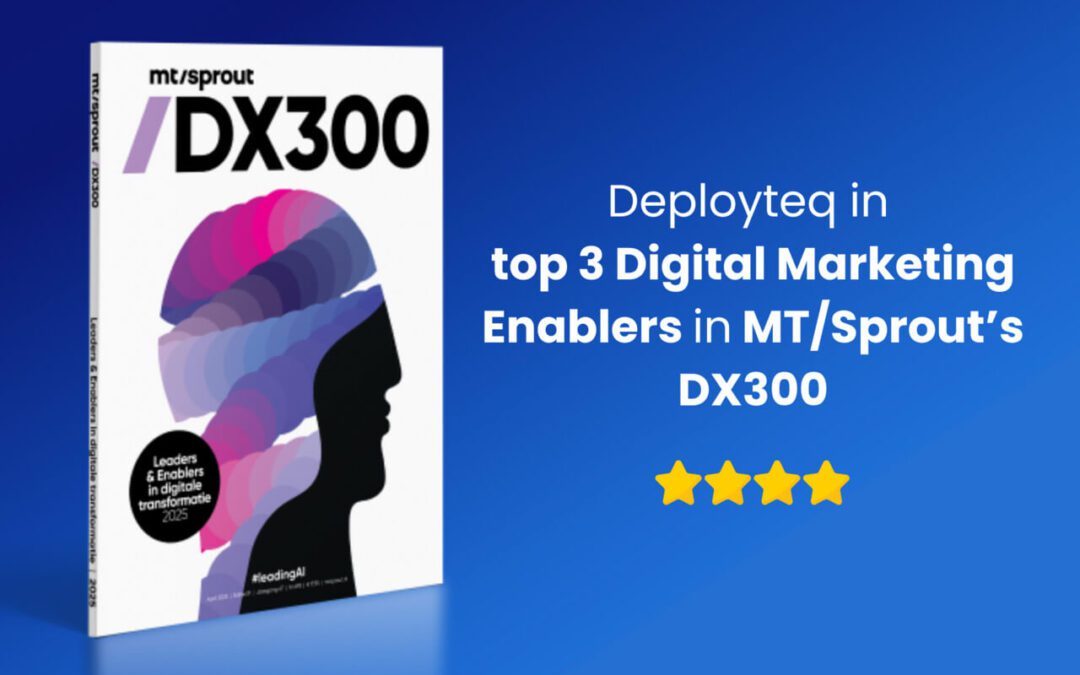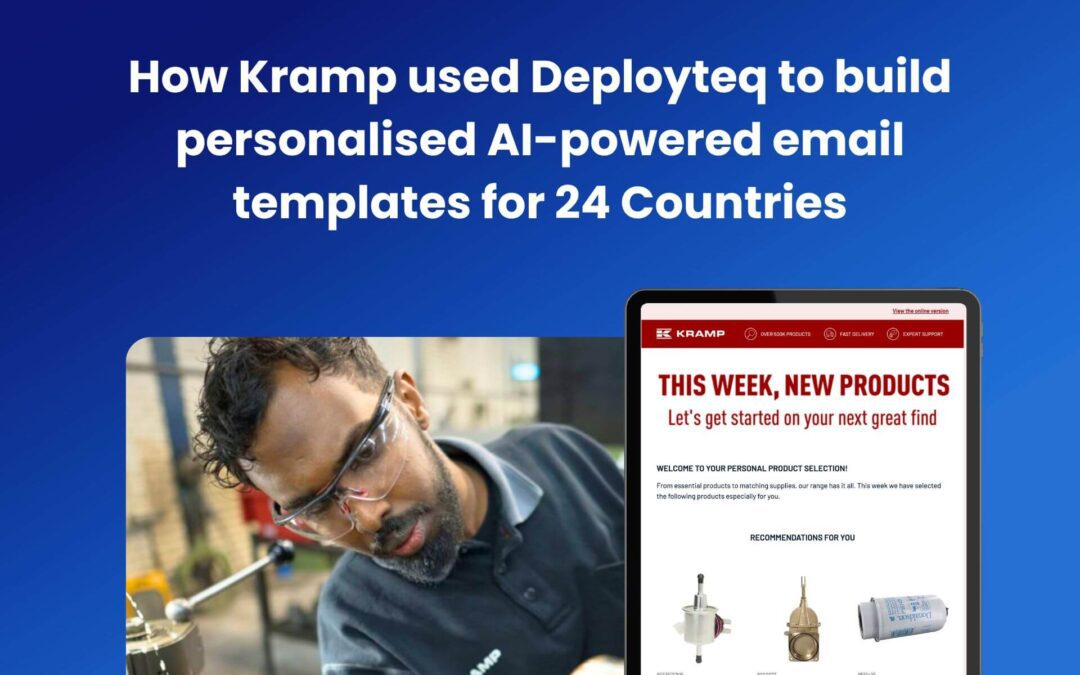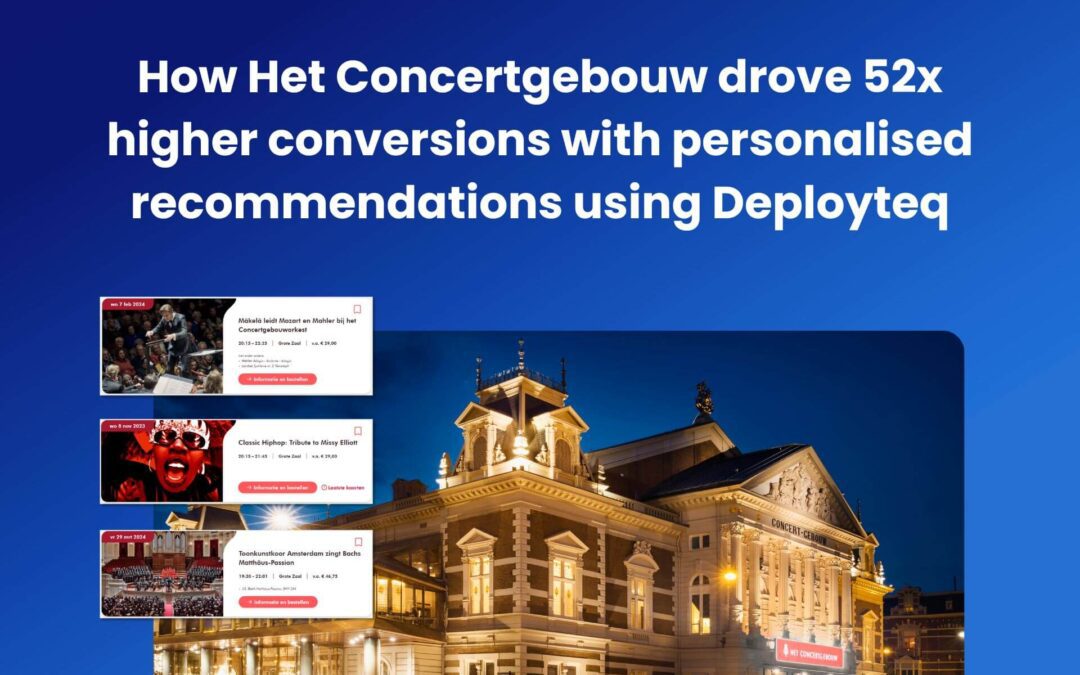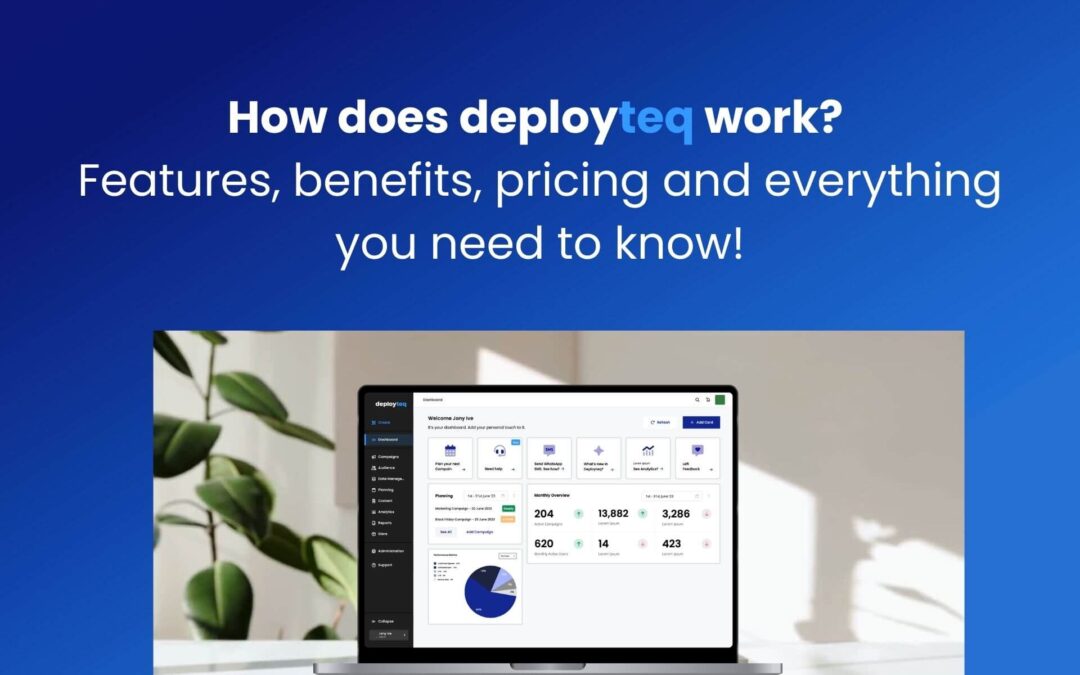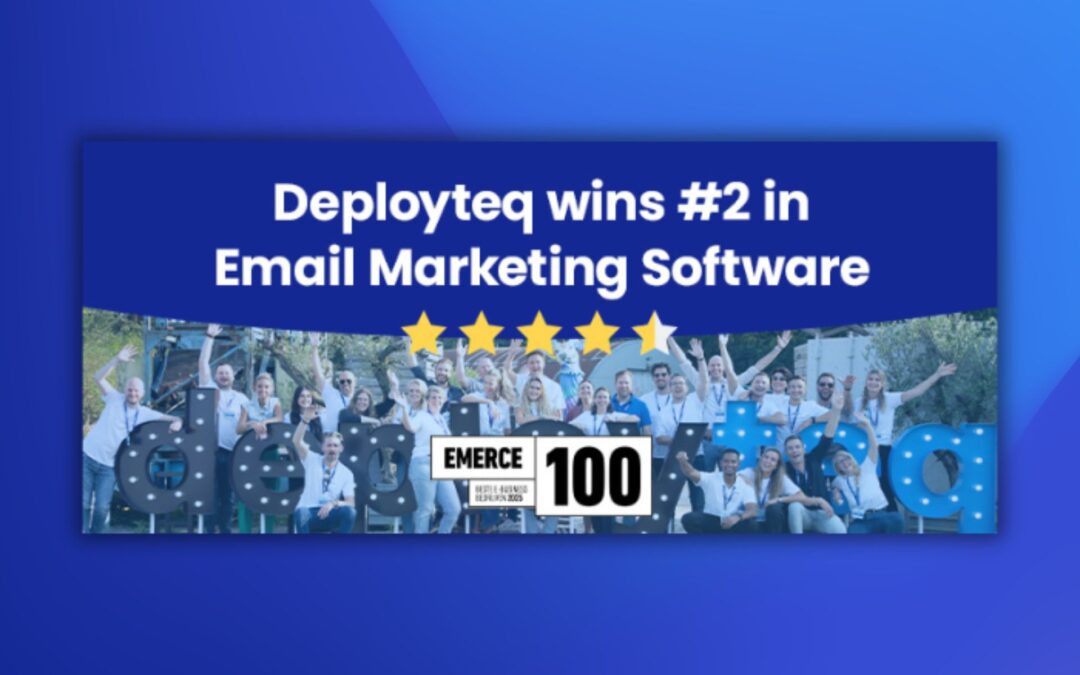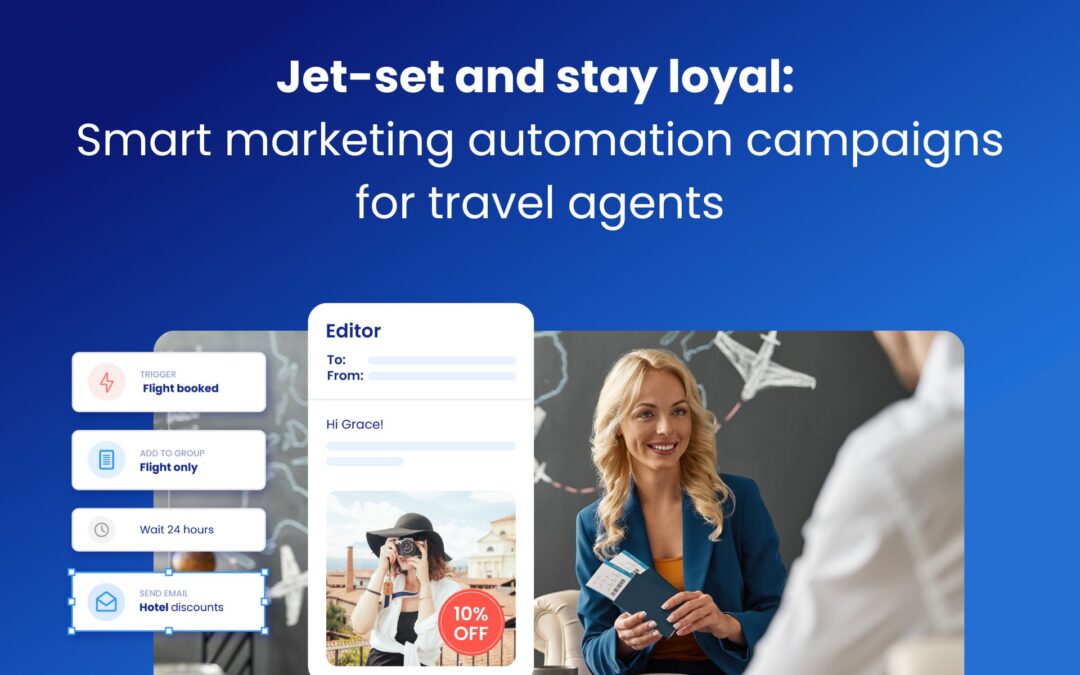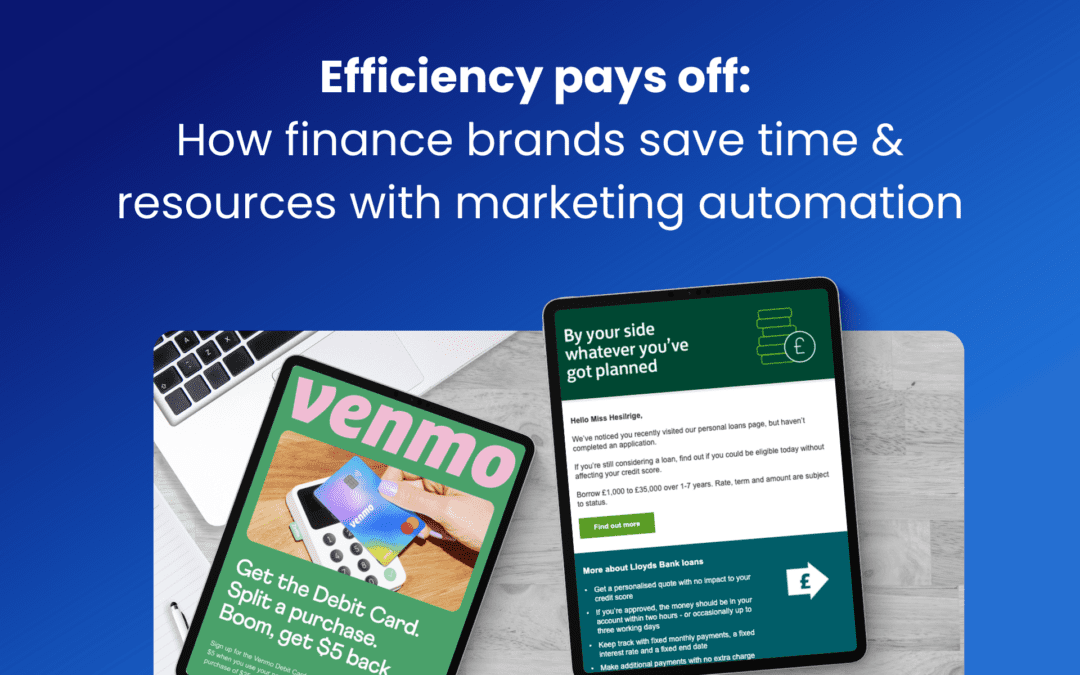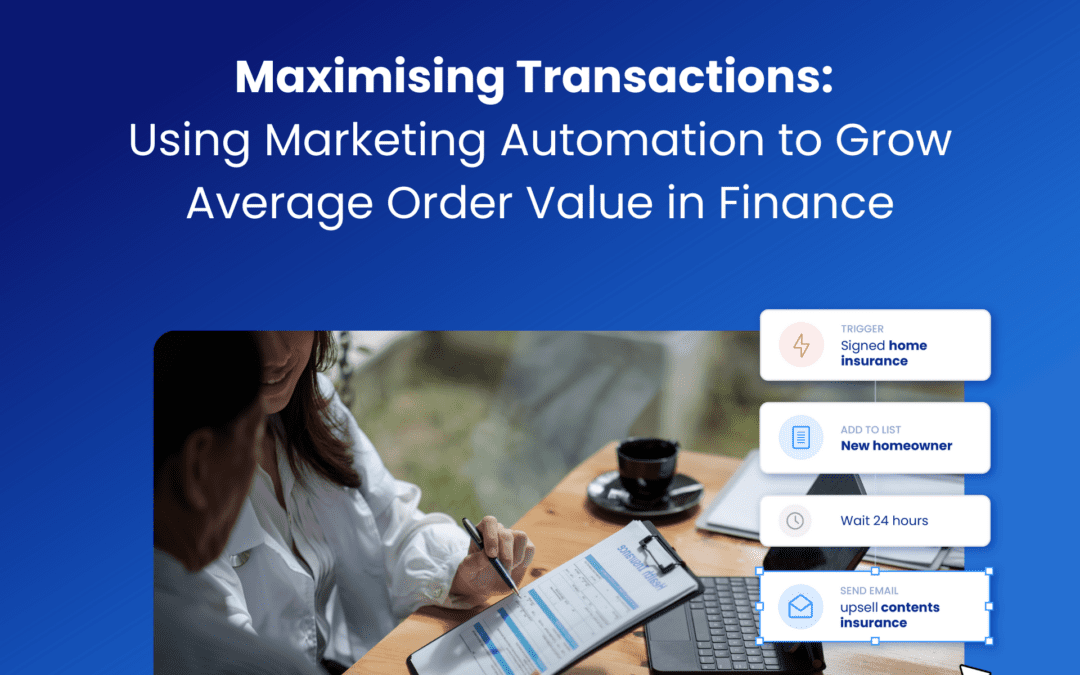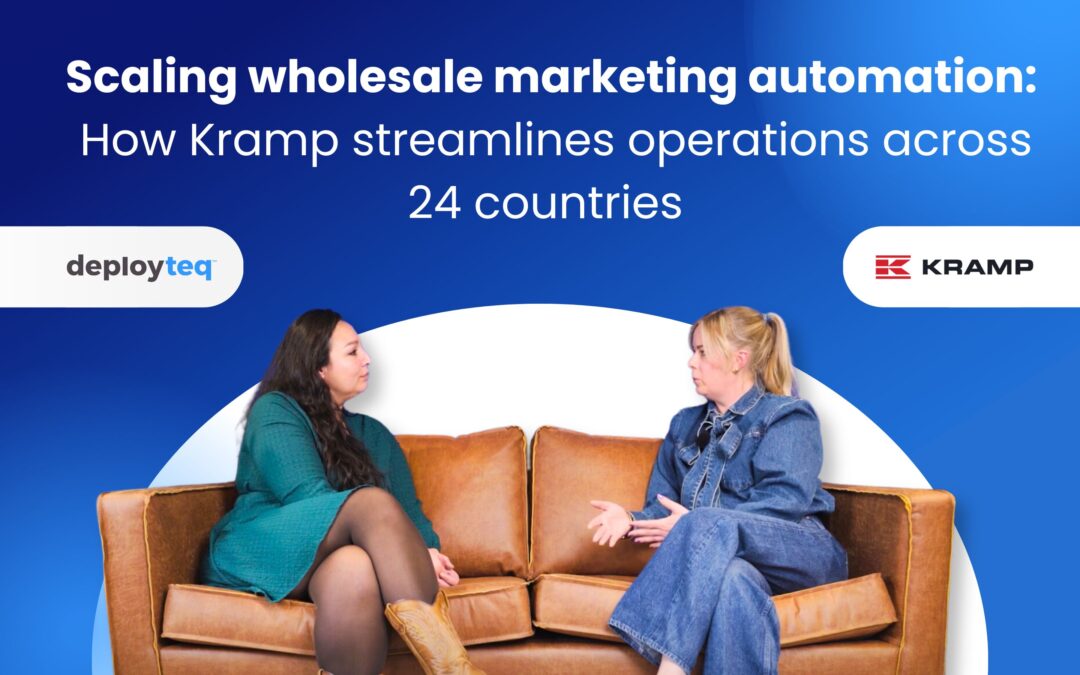Marketing automation can offer a multitude of benefits, especially in the travel, attractions and hospitality space. However, it needs to be implemented and used correctly, otherwise, you face spending a lot of money for very little, unhelpful output. Let’s explore how marketing automation can help your business and the benefits you can reap if you make the most of it.
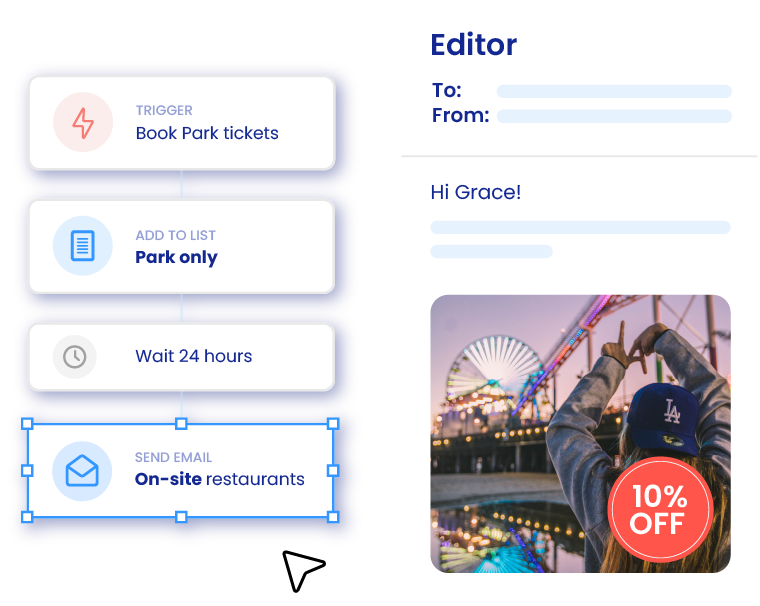
What is marketing automation?
Marketing automation refers to the use of software tools and technologies to streamline, automate, and analyse marketing tasks and processes. The primary goal of marketing automation is to make marketing efforts more efficient, personalised, and effective. It allows businesses to reach their target audience in a more timely and relevant manner, nurturing leads and guiding them through the customer journey.
Why does marketing automation matter in travel, attractions & hospitality?
Marketing automation is a game-changer in the travel, attractions, and hospitality sectors, where complexity and competition are part of the daily routine. It’s like having an experienced helper at your side who takes care of reaching out to potential guests, managing reservations, and creating customised content. It streamlines tasks such as email campaigns and offers personalised suggestions while responding to customer questions.
By using data and segmentation, marketers can offer tailored deals that enhance the customer experience. Plus, data analysis helps them keep up with changing trends and shifting customer preferences, ensuring they stay at the top of their game in this fast-evolving market.
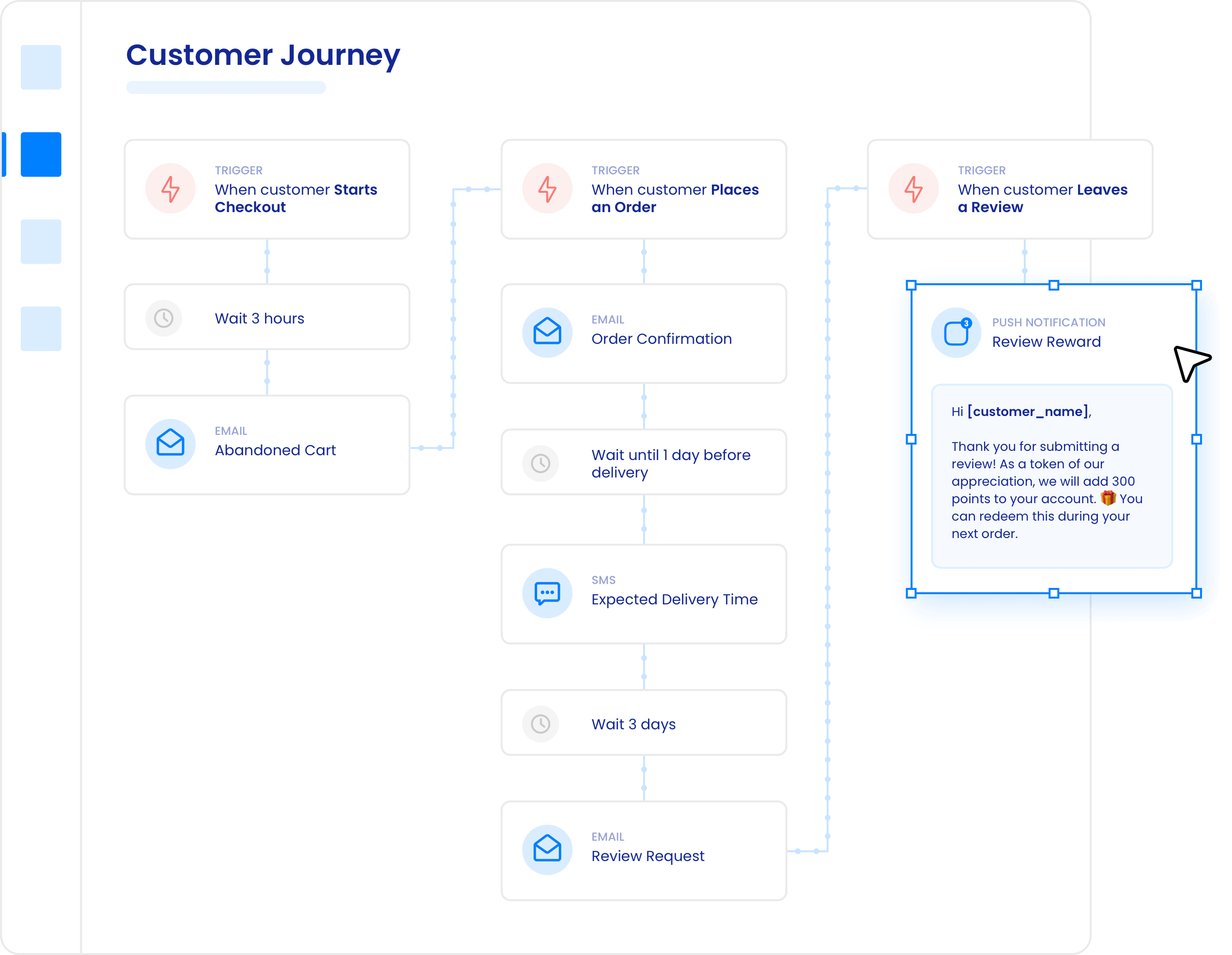
Benefits of marketing automation
Improved customer targeting
Improved customer targeting allows businesses to segment their audience based on factors such as demographics, behaviour, and past interactions. By delivering highly personalised content and offers to specific customer segments, businesses can enhance the relevance of their marketing efforts, resulting in higher engagement, customer satisfaction, and ultimately, increased bookings and revenue.
Enhanced personalisation
Streamlined email marketing
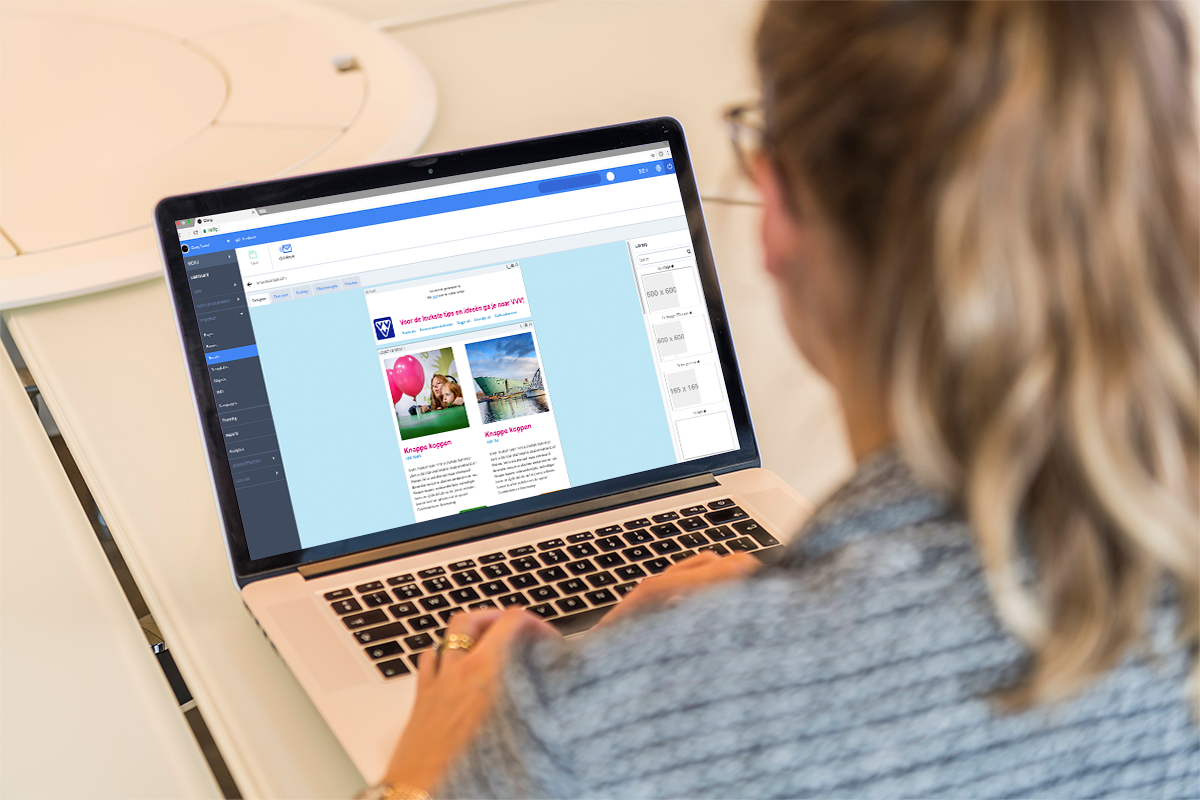
Efficient social media management
Effective lead nurturing
Challenges in implementing marketing automation
Selecting the right automation tools
It’s important to ensure that you select the right marketing automation tool(s) for your needs.
To choose the right automation tool, you’ll need to have a thorough understanding of your business’s objectives, a detailed analysis of available options, and careful consideration of factors such as budget, scalability, and integration capabilities.
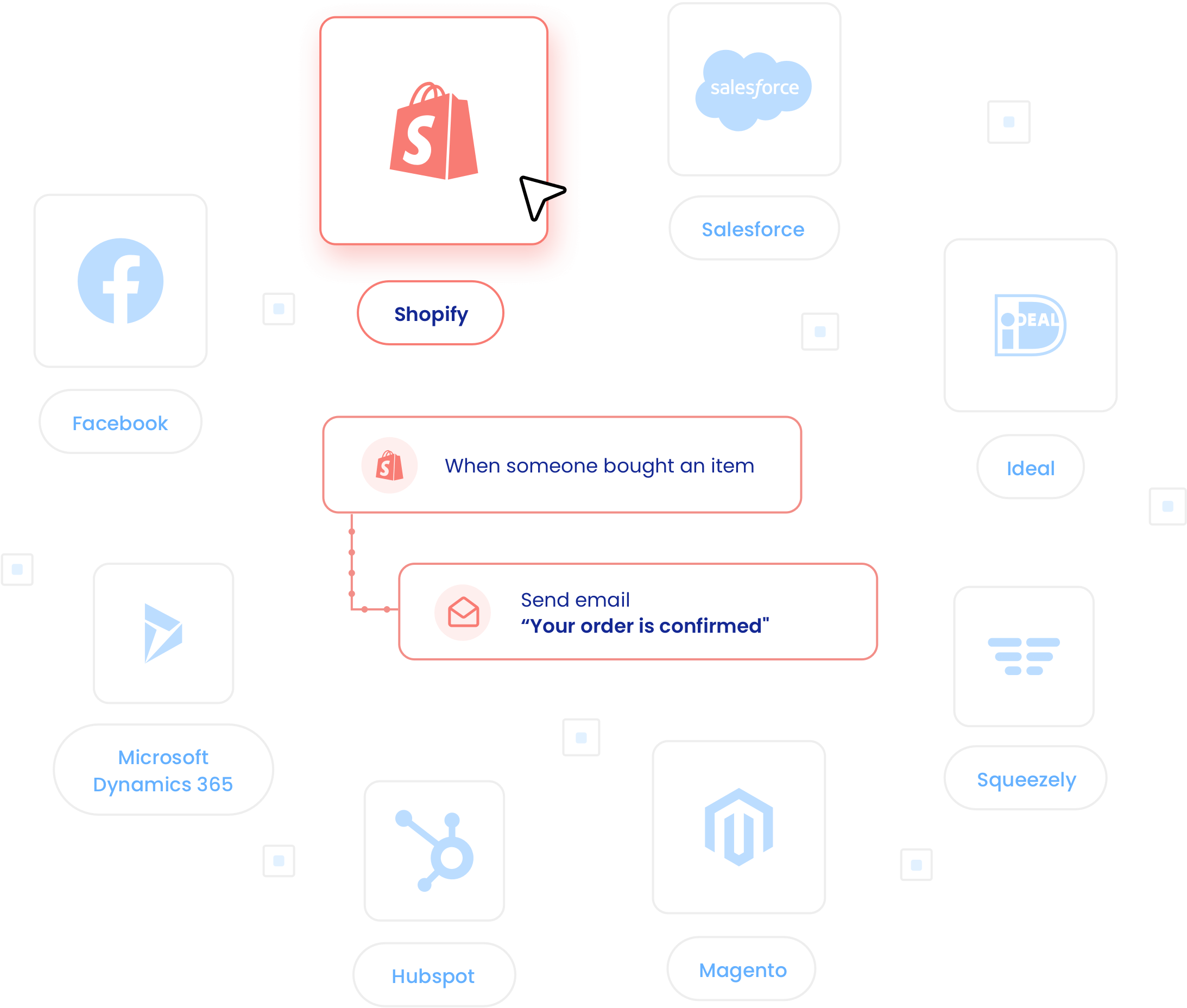
Integrations
Deployteq offers a multitude of integrations with CRM/CDP, DMP, E-Commerce and many other tools and platforms – and if we don’t offer integration with the tool you’d like, get in touch with our team to see if we can help!
This could be a hotel room upgrade, excursions, taxi transfer, or simply a bottle of champagne on arrival!
Data collection
Integrating marketing automation does present challenges when it comes to data collection. Collecting data from different places can be tricky, and incomplete and out-of-date information can be more of a hindrance than a help at times. But if you manage to get it right, you’re onto a winner as better data means better targeted and more effective marketing.
Usage limitations
Have you ever been in a workplace where user limits have been hit and so not all of your team have been able to do their work at the same time? Frustrating, isn’t it?!
High-quality automation, the kind that enhances data with AI-powered capabilities, rarely comes without a cost. So, it’s important to make sure that if multiple users are going to be accessing your tool, multiple users have access and there’s not a 1 signed-in user limit!
Make sure to carefully review the terms and conditions before selecting a platform or app and consider your team’s future needs and marketing volume. If you think you may outgrow a plan, it might be a wise choice to start with a professional-grade tool to safeguard your data in the long term.
Limited internationalisation and language support
If your business operates globally, across a range of countries and languages, your marketing automation platform should mirror this global reach. Otherwise, regional teams may find themselves piecing together temporary solutions for their markets, ultimately raising the potential for troublesome data and integration problems.
Make sure to involve stakeholders from across your organisation in the process of choosing your marketing automation platform so that you’re able to involve them and avoid internationalisation and language issues.
Limited personalisation and content options
It can be incredibly disappointing to find that the marketing automation platform you’ve signed up for is restrictive in terms of personalisation and content options. Restricted email design choices, complex content creation processes, limited segmentation capabilities, limited personalisation and fixed dynamic content that doesn’t allow for design changes are all ways in which a marketing automation platform could hinder your progress and the impact of your campaigns.
Make sure to look for essential features in your marketing automation platform, including A/B testing, audience segmentation, truly dynamic content, and AI specifically tailored for marketing, in order to transform automation into intelligent, creative and impactful automation.
Marketing automation for a travel booker life cycle
Awareness and acquisition
Marketing automation plays a crucial role in enhancing the awareness and acquisition stages of a travel booker’s lifecycle in several ways. Social media channels are great here – and make sure that your website offers accessible, informative and actionable content.
By leveraging marketing automation in the awareness and acquisition stages, travel businesses can effectively guide potential bookers through the customer journey, provide a seamless and personalised experience, and ultimately increase the chances of converting them into paying customers.
Engagement
Customers can be anxious when it comes to travel – often they are spending a lot of money. The travel, attractions and hospitality industries are also packed full of competition, all pushing for attention, so it’s important to keep your audiences engaged to keep them interested in their journey with your brand.
This is where marketing automation comes in! It is key to engagement, allowing marketers to deliver highly targeted, cross-channel, personalised communications.
Monetisation and upselling
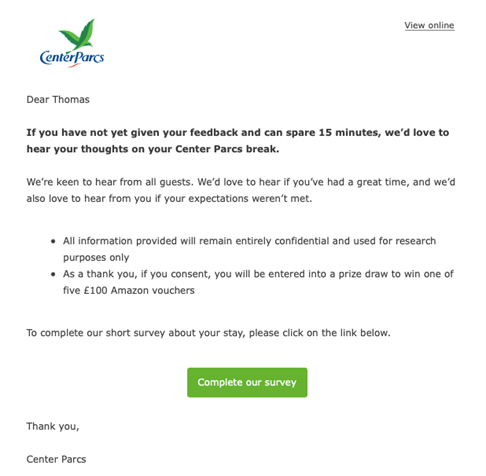
Retention and re-engagement
Marketing automation best practices
Understand your audience
First off, you shouldn’t start your campaigns without understanding your audience, so let’s start there.
Make good use of segmentation
Dividing your audience into meaningful segments based on demographics, behaviour, and preferences allows for more personalised communication.
Set clear goals
With any campaign, you need to have goals – which need to be clear, concise and communicable. Setting SMART targets is always a good way to go here.
Select the right automation software
You can’t achieve your goals if your automation software can’t give you exactly what you need, so make sure to choose the right tool for your needs.
Create relevant, engaging content
Content remains king (or queen), so make sure that the content you create is relevant, of great quality and engaging.
Nurture your leads
Marketing automation software allows you to develop automated workflows that nurture leads over time. By gradually introducing prospects to what you offer, you’ll be able to build trust and encourage repurchase.
Timing matters
Send messages at the right time really does have an impact! Schedule emails to coincide with your audience’s activity patterns for maximum impact.
Personalise
Creating highly personalised content will improve the relevancy of your communications, ensuring that your audience feels valued.
Have a multi-channel approach
Combine email with other channels like social media and retargeting ads to reach customers in multiple places.
Integrate
Connect your marketing automation platform with your CRM and booking systems for a seamless flow of data.
Implement Drip Campaigns
Personalised drip campaigns turn visitors into buyers, increasing sales, and can also help with increasing repeat purchases and re-engaging audiences post-purchase.
Measure and Analyse Results
To gauge the success of campaigns and to constantly learn (so we can improve), measurement and analysis of results are key!
Compliance
Be aware of data protection and privacy regulations like GDPR and CAN-SPAM, and ensure your practices comply with them.
Train your team
Ensure your team is well-versed in using the automation tools to maximise their capabilities.
Clean your data
Regularly clean and update your contact database to ensure accuracy and relevance.
There can be a lot to learn when it comes to marketing automation, however, it’s clear to see that when you use the right tools, and create the right content for the right audiences, at the right time, your team – and business – can reap the rewards again and again!
In summary
In summary
For marketers in the travel industry, marketing automation opens up a wealth of opportunities. From driving new purchases and keeping customers engaged, to thorough reporting and ongoing campaign optimisation.
At Deployteq, we have worked with a range of travel brands to transform their results with marketing automation, and we’re confident we can help you too.
So, why not get in touch with our friendly team of experts to learn more?
